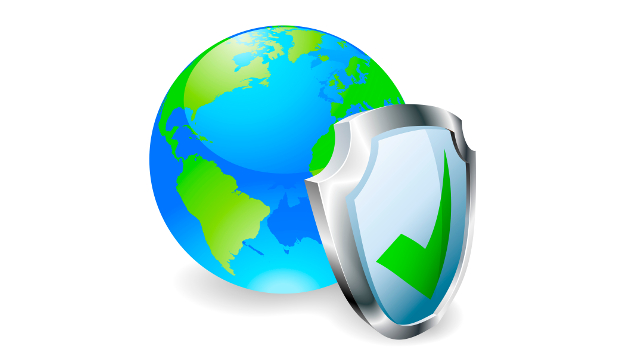People (most often Android users) cite Apple’s walled garden approach to iOS as one of its disadvantages. Although you may well be limited to Apple’s App Store when it comes to getting apps and games, it’s also one of the reasons why iPhones and iPads are safe from viruses and malware.
The short answer, then, is no, you don’t need to install antivirus software on your iPad or iPhone.
Why are there no antivirus apps in the App Store?
Apple built iOS – the software which runs on iPhones and iPads – to be as secure as it can be. And because all apps are checked before they’re allowed into the App Store, there’s almost zero chance of it containing a virus.
That’s the reason why you won’t find any antivirus apps to install: Apple says they’re unnecessary.
You may see apps from some of the antivirus companies in the App Store, but these aren’t antivirus products. They may be safe/private browsers, password managers or other similar products.
And Apple is right: iPhones and iPads are about the safest devices around from a malware perspective. No system is 100% secure, but the way that iOS is designed means that even if a dodgy app made it through the checking process, it wouldn’t have access to the rest of the system to do any damage.
Do I need to do anything to keep my iPhone and iPad secure?
Yes. But it’s simple: keep it updated. Any potential vulnerabilities should be addressed in updates, which is why you shouldn’t ignore the reminders that a new version of iOS is available.
It’s always frustrating when updates bring unwanted changes to the interface or apps, but you’ll have the best security with the most up-to-date software.
All apps must ask your permission to access things such as the camera, contacts and your photos. So only tap ‘Allow’ if you are sure you trust the app. And make sure you read what an app is asking when there’s a longer list.
You should also follow the usual security advice for any computer: don’t tap on links in emails unless you’re sure they’re from a genuine sender, don’t give out your bank details or password if emails request them and use an encrypted messaging service such as Whatsapp or iMessage.
Apple has built a fraudulent website warning in to Safari on iOS, so you’ll see a warning if you visit any dodgy websites.
Finally, don’t jailbreak your iPhone or iPad. Doing so dramatically increases the possibility of it being attacked or hacked. So while the temptation is there for installing apps that you can’t get in the App Store, the risks outweigh the benefits.
IDG News Service








Subscribers 0
Fans 0
Followers 0
Followers